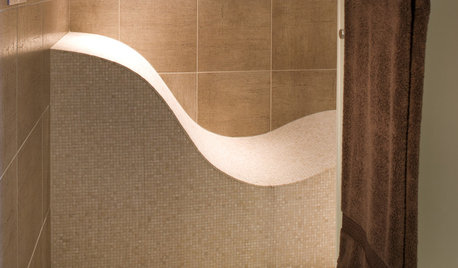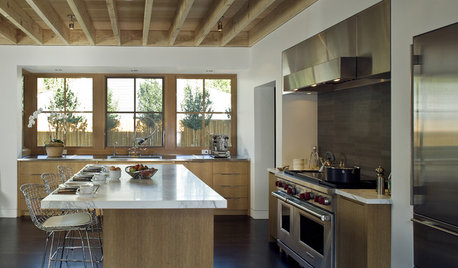I have the same problem that seems to afflict many apartment/condo owners with hardwood floors--footfall noise. I have owned my condo for more than 13 years and, for the past 10 years, I have experienced these intrusive sounds from the neighbors above me. Although I hear footfall throughout my condo, it is particularly egregious in the bedroom. There, not only do I hear the impact of the feet hitting the hardwood floors, I also hear a kind of rattling or vibration sound--perhaps caused by a malfunctioning joist system separating my ceiling from my upstairs neighbor's floor. That it is in the bedroom, affecting my sleep, makes the problem worse.
I have tried various approaches to this problem including talking to my neighbors, earplugs, whitenoise machines, pillows over my head, meditation, etc A combination of earplugs and a pillow over my exposed ear (I sleep on my side) at least greatly reduces the rattling noise, but only slightly eliminates the thumping. The whitenoise machine is largely ineffective.
Talking to my neighbors has yielded mixed results over the years, at a rather high emotional cost. I have a brand new neighbor who is at least sensitive enough to wear no shoes most of the time. In fairness to her, I have not met her yet as she only moved in about a month ago. As such, she may not be aware of the extent to which the noise is disturbing me.
In the past, one neighbor was willing to put in area carpets and it helped marginally. Another neighbor was not willing to put in carpets. She said she would walk quietly. For what it is worth, I have wall to wall in my bedroom.
I would hate to move strictly on the basis of the noise. But I am tired of sleeping with pillows over my ear, earplugs and having to "sensitize" a new neighbor, although I will still likely have a conversation with my new neighbor regarding this issue. I also don't want to engage in childish retaliation such as banging the ceiling, playing my radio loudly, etcÂ.
That said, I have done a fair amount of research regarding the "floated" second or false ceiling that is installed below the original ceiling. The state of the art approach apparently is to use sound isolation clips, such as the RSIC-1, replacing the old resilient channel method.
My questions are these:
Has anyone reading this ever installed a second or floated ceiling using sound clips or resilient channel or know of someone who has? If so, how successful were you or they in reducing footfall noise? How much did it cost? (I would only be interested in installing the second ceiling in my bedroom.) Did you go to a specialist or an ordinary drywall contractor? Does anyone have any other advice or real-life experience regarding the footfall problem?
Any and all feedback would be greatly appreciated!









camlan
ljwrar
Related Professionals
Bull Run Architects & Building Designers · North Bergen Architects & Building Designers · Oakley Architects & Building Designers · White Oak Architects & Building Designers · Asheboro General Contractors · Franklin General Contractors · Havre de Grace General Contractors · River Edge General Contractors · San Carlos Park General Contractors · Stillwater General Contractors · Valley Station General Contractors · Van Buren General Contractors · Wallington General Contractors · Joppatowne General Contractors · Cave Spring Kitchen & Bathroom Remodelersbrettd2234
Condoperson
paula1056
jenniferhelen
tedwhite